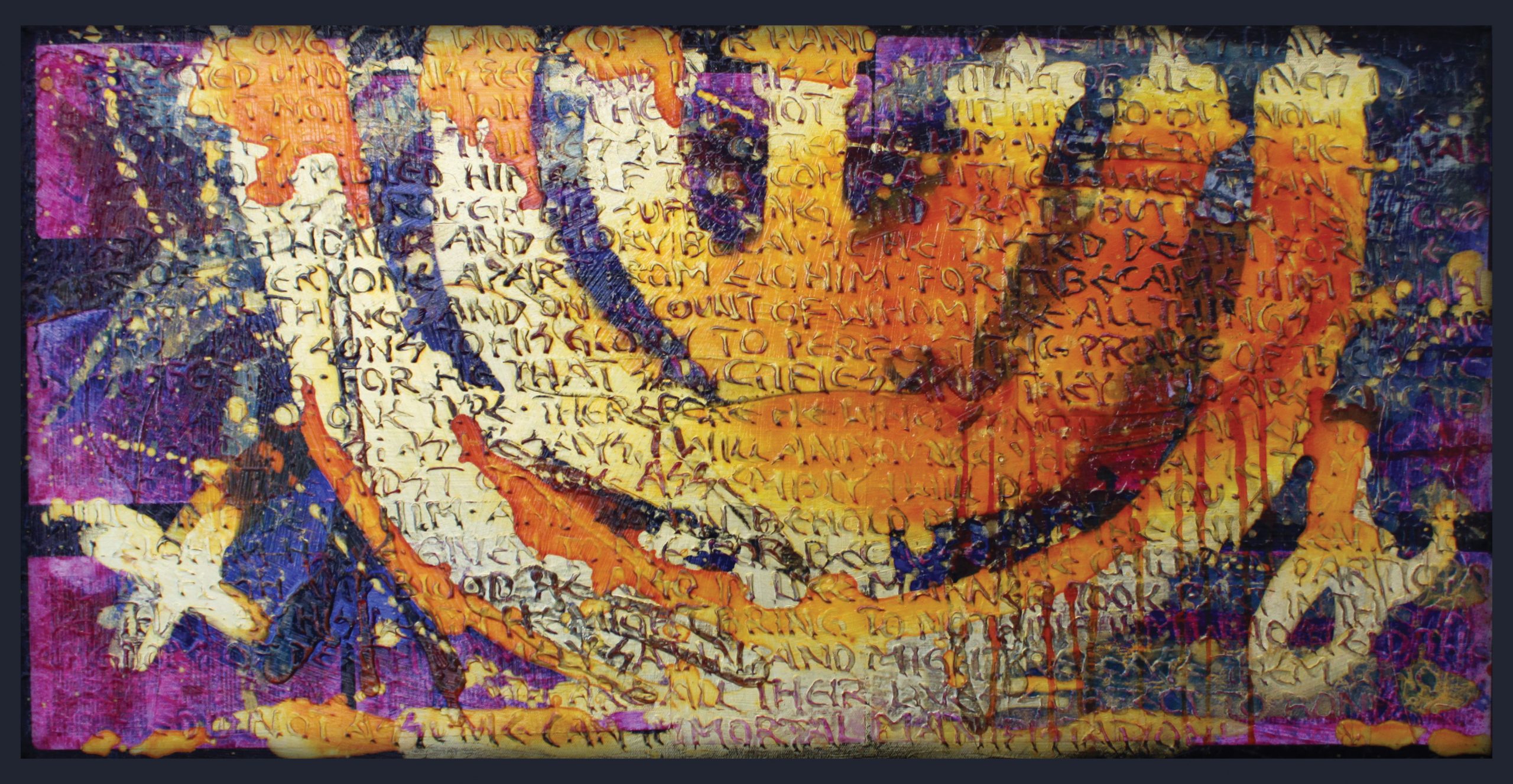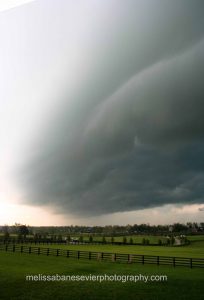Cloud of Witnesses
Lesson Seven

Lesson Seven: In Community with the Hope of the Future
Scripture: Hebrews 11:1–3; 3:1–19; Psalm 95; Hebrews 4:1–11 and 6:9–12
Hope as resistance
I first learned about gumboot dancers from an essay by Terry Hershey on his blog Sabbath Moment. Since then, I’ve researched and read more about them. You can find an article about gumboot dancers on Wikipedia and see a video of some modern gumboot dancers on YouTube.
In short, gumboot dancing began over 100 years ago. Many black South Africans were virtually enslaved, and were forced to work in coal and gold mines for practically no pay. They also had to wear gumboots (rubber boots) to prevent fungus from the water in the mines from infecting their feet, not because the mine owners were concerned for the health of the workers, but because they didn’t want their labor force to become unable to work due to preventable disease. The laborers were chained together and were prohibited from speaking. (Think of the horrible irony of working in such conditions as they enriched the mine owners with gold.)
The workers developed a way to communicate with and to entertain each other through dance. They stomped and slapped their boots, they shook the chains, in rhythms that sometimes had meaning, and sometimes were amusing because they mimicked the white bosses in unflattering ways.
By dancing in the midst of misery, the dancers acted out hope and resistance. In effect, they said with their movement, “You may make me work in wet, dark mines for almost no pay. You may chain my legs to other workers. You may think you own my body, but you do not own my soul. I am a human being. And even if I never get a better life than this, someday there will be a reckoning, and the next generation—or the one after that—will know what it feels like to be on equal footing. You can’t stop me from dancing, and you cannot stop me from being human.”
When the writer of Hebrews tells his readers to have hope in a future they will never see in this life, that very hope becomes an act of resistance. The oppression they feel from their society can never have the last word, because the last word rests in God.
The last word is hope. No matter how bad things are, or how bad they become, hope breeds resilience and resistance. Hope makes today bearable, and it makes tomorrow a locus for our work to better our world.
Hope. It’s the last word.
Melissa Bane Sevier
******
Look for the Cloud of Witnesses blogs by the first of the months of March (lesson eight) and April (lesson nine).
Purchase a Cloud of Witnesses study book and study along with us.
Call Presbyterian Church–One Store at 800/533-4371 or order online —item # HZN17100, $10.00.
